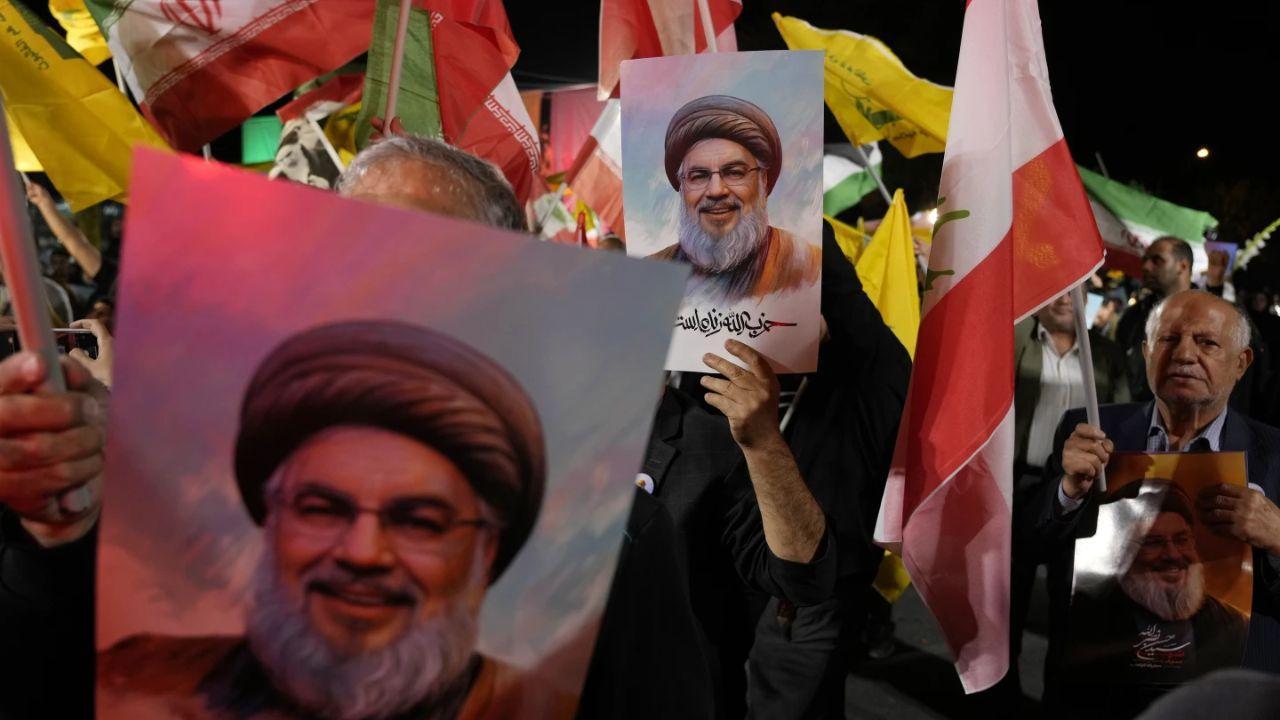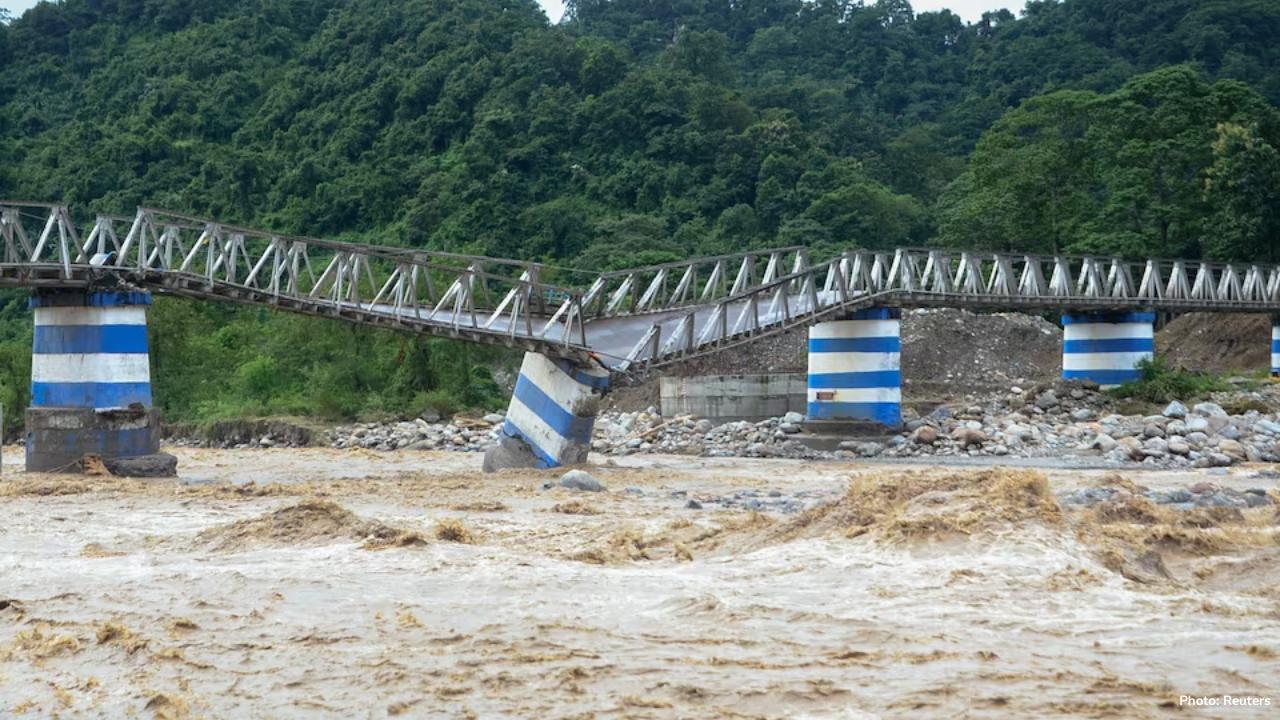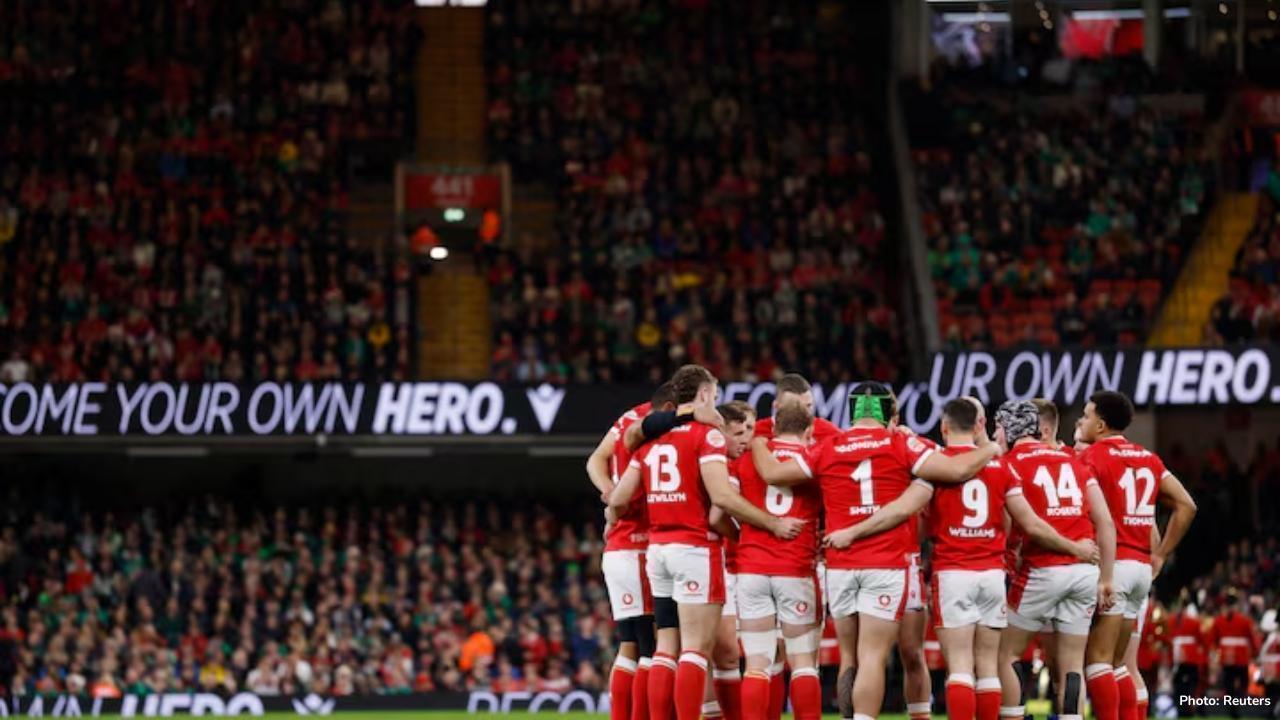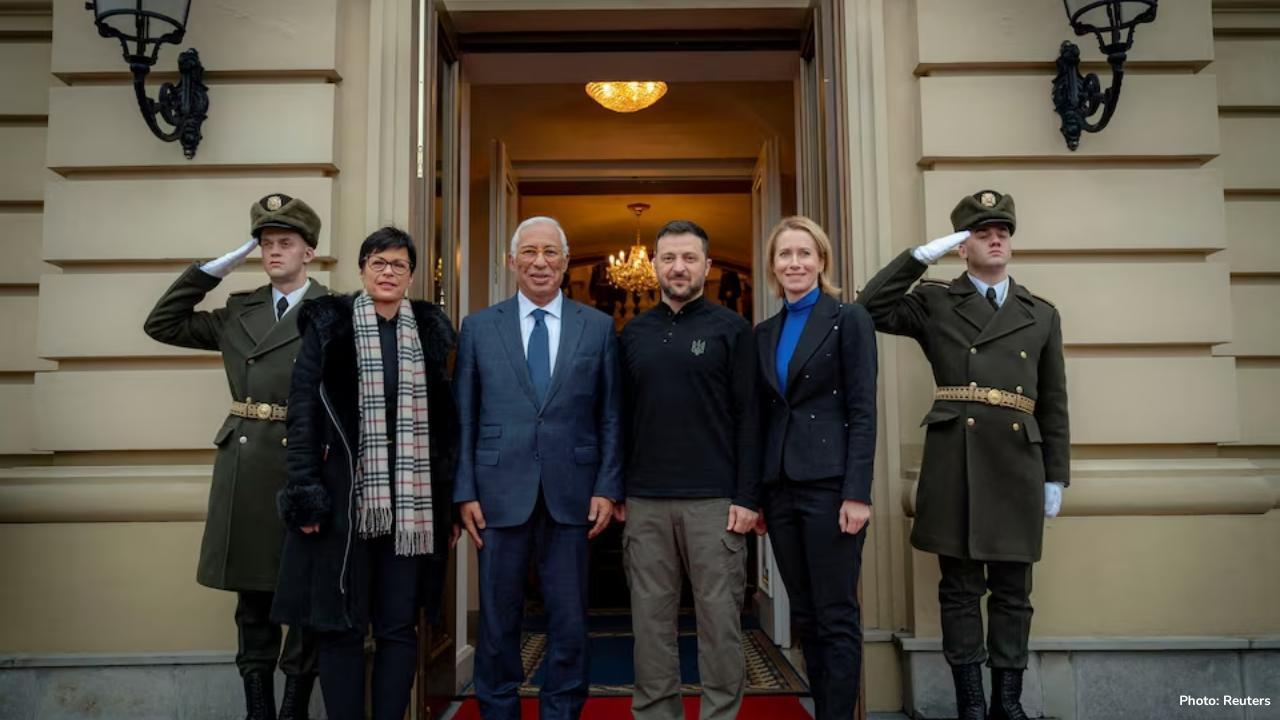
Post by :
Photo:AP
The recent direct military conflict between Iran and Israel, along with targeted US airstrikes on Iran’s nuclear facilities, has led to a major shift in the political and security landscape across the Middle East. Countries from Pakistan to Turkey are now urgently rethinking their strategies as the fallout from the 12-day war unfolds.
This war marked the first time in decades that Iran was directly attacked on its soil. It exposed a major weakness in Iran’s defence — its air force did not intercept Israeli fighter jets, raising serious concerns within the Iranian leadership. Years of sanctions have left Iran unable to upgrade its military, and this vulnerability is now forcing Tehran to ask a difficult question: Should it finally develop a nuclear weapon to protect itself?
For over 30 years, Iran has followed a path of “nuclear latency,” meaning it built the tools and knowledge for a bomb but stopped short of actually making one. But now, after the damage to its enrichment sites by US and Israeli strikes, Iran’s nuclear plans have suffered a setback. The full extent of that damage is still unknown.
On the other side, Israel's strategy has also shifted. What began as an effort to disrupt Iran’s nuclear progress has grown into a larger political mission, possibly aiming at regime change. But this goal raises new challenges. Israel cannot achieve that alone through air power, and its actions have stirred deep concern among Gulf states, who fear the region could face the kind of chaos seen after the Iraq war in 2003.
While Israel has demonstrated its military strength, it still had to rely on the US to strike Iran’s heavily fortified Fordow nuclear facility. This dependence gives the US — under the Trump administration — more leverage over Israel, especially in ensuring that the fragile ceasefire with Iran holds.
The war has made Gulf countries, particularly Saudi Arabia and the UAE, nervous. In recent years, they had begun improving ties with Iran, aiming for peaceful coexistence. But now, they face threats from Iran if the US uses its military bases in their countries again. These states must prepare for various uncertain futures — including the risk of a nuclear Iran, the instability of a weakened regime in Tehran, or the outbreak of another regional war.
Adding to the complexity, global powers like Russia and China stayed out of the conflict. While their silence helped them avoid confrontation, it left Iran without support. Yet neither Moscow nor Beijing wants the Middle East to be dominated entirely by Israel and the US. They are likely to step in quietly after the ceasefire, helping Iran rebuild and strengthen, possibly even reconsidering support if Iran decides to pursue a nuclear weapon.
For the United States, the goal remains a non-nuclear Iran that can’t challenge Israel or its Arab allies. This fits into Washington’s broader vision of normalising relations between Israel and key Arab states under the Abraham Accords. A successful ceasefire in Gaza, also pushed by the US, could ease tensions and open doors for Saudi Arabia and others to join this regional peace plan.
As the dust settles, one thing is clear — the recent Iran-Israel war has not just shifted battle lines, it has redrawn the map of regional alliances and exposed the deep fears many governments hold. And for countries worldwide that are watching closely, one chilling message stands out: in today’s world, having nuclear weapons might still be seen as the ultimate guarantee of survival.
Iran‑Israel war










18 Dead in Darjeeling as Heavy Rains Cause Floods and Landslides
Severe rains in Darjeeling, India, have led to floods and landslides, killing at least 18 people, wi

Welsh Rugby Players Struggling to Focus Amidst Uncertainty
Welsh rugby players are finding it hard to focus this season due to planned changes that may reduce

UFC to Host Historic Fight at the White House on June 14, 2026
President Trump announces UFC event at the White House on June 14, 2026, coinciding with his 80th bi

Former England Rugby Captain Lewis Moody Diagnosed with Motor Neurone Disease
Lewis Moody, former England rugby captain and 2003 World Cup winner, reveals diagnosis of motor neur

Broncos End Eagles' Winning Streak with 21-17 Comeback Victory
Denver Broncos defeat Philadelphia Eagles 21-17, ending Eagles’ 10-game winning streak as Bo Nix lea

Blue Jays Take 2-0 ALDS Lead with 13-7 Win Over Yankees
Rookie pitcher Trey Yesavage leads Blue Jays to a dominant 13-7 victory over Yankees, giving Toronto